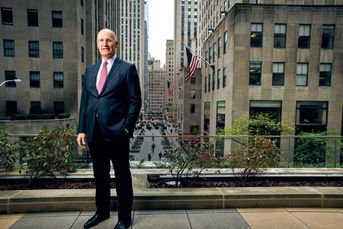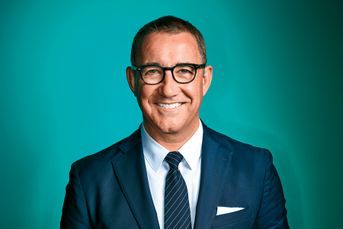How many of BofA Merrill’s new recruits will stick?
According to Wednesday's edition of the Financial Times, Bank of America Merrill Lynch is gearing up to hire 2,000 rookie brokers. Adding these new minions to Sallie Krawcheck's 15,000-person retail army prompts a few questions.
According to Wednesday’s edition of the Financial Times, Bank of America Merrill Lynch is gearing up to hire 2,000 rookie brokers. Adding these new minions to Sallie Krawcheck’s 15,000-person retail army prompts a few questions.
First, what will these newbies be, and what will they do?
Let me answer my own ridiculous question. We all know the job of new brokers (or wealth managers or financial consultants or whatever euphemism Merrill now uses for its Series 7-licensed reps). They’re put to work to bring in customers, gather assets and do a few trades along the way. They’ll be salespeople.
But will Merrill position them as salespeople or advisers? The official response to such an impertinent question probably will be that the rookies will be trained to assess investors’ needs and provide them with the best array of financial products and services to meet their needs — or some such treacle. Publicly, the company will say the rookies are advisers, but they’ll make it clear in their hiring and training that selling comes first.
Of course, there’s absolutely nothing wrong with being a salesperson of financial products — as long as the buyer understands that he or she is being sold something, and not being given impartial advice. Given the DNA of Merrill Lynch & Co. Inc., there’s not a snowball’s chance in Honolulu that BofA Merrill will hire rookies to become impartial financial advisers (which would require a long training period and probably wouldn’t be as lucrative for Bank of America Corp.).
So if the new hires are going to be positioned as advisers but rewarded as salespeople, here’s question No. 2:
Does being a salesperson in adviser’s clothing work these days?
It does for established brokers who have built up enough business over time so that they can afford to forgo a sale when they feel it’s not in the client’s best interests.
For a large firm that hires rookies cheaply, it also may work. To paraphrase H. L. Mencken, nobody ever went broke underestimating the financial intelligence of the American public; there always will be some people with money who will buy something from a salesperson (especially one trained to sound like an adviser).
But I think the broad financial market has changed. Most people now want advice, not a sales pitch, especially as more of us get information online.
Given the changing market for financial-product sales, here’s question No. 3:
What proportion of the rookies Merrill hires will turn out to be successful?
If past is any prologue, Merrill will be lucky if a few dozen of its hires make it through training and are still with the firm five years from now. The big firms won’t admit it, but their training track records were awful even when the public wasn’t turned off by financial salespeople.
While the firms know who their good brokers are, they know almost nothing about how to find or train similar people. In fact, the elite tier of wirehouse brokers consists of terrific advisers who do a great job for their clients almost in spite of their employers.
Part of the problem is that future top brokers are likely to be turned off by the big-company ways of a Merrill Lynch. The top brokers I have known are not the polished corporate bureaucrats or the gung-ho foot soldiers the wirehouses prefer. Nor are they the suave backslappers or oily sales sharpies the public imagines. They don’t possess the social-worker gene of many financial planners, either.
Most are extremely ethical, analytical, lovers of investments and the markets, “millionaire-next-door” types in terms of taste and spending habits, and driven to add clients — and do a good job for them — while being almost shy by nature. Wirehouse managers feel uncomfortable with these people, which is why they rarely spend time with them or try to learn how they do what they do.
I’m not optimistic that BofA’s hiring efforts will work, but three cheers for them anyway. Hiring 2,000 brokers is good for the economy.
Learn more about reprints and licensing for this article.







